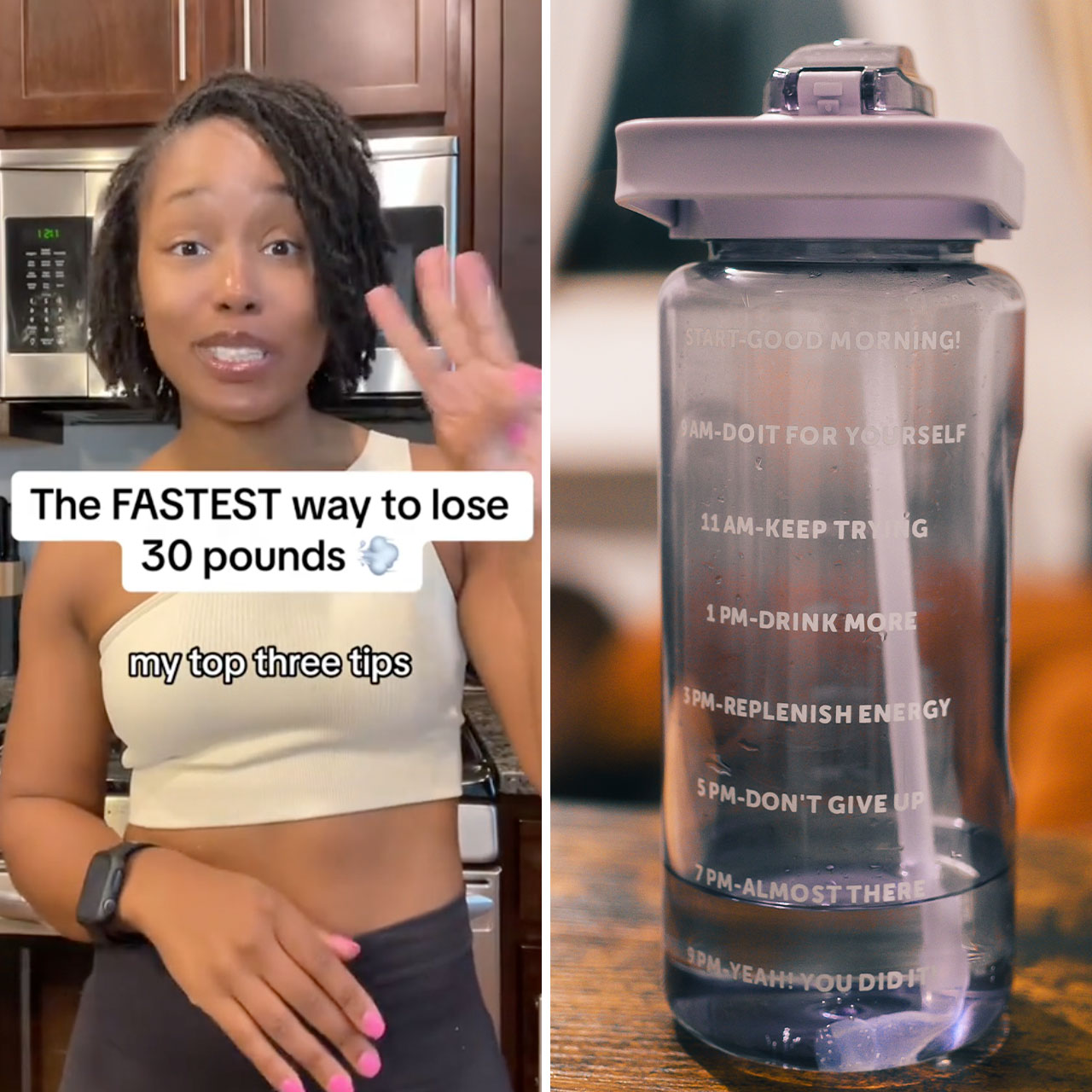Diets have been around for years, ever since obesity and other weight-related issues became more common across the country. Some diets tend to be extreme, and doctors advise against them. While other diets are all about balance and wellbeing. Recent types of diets that have been gaining popularity are ones that involve fasting. Although many of these diets can simply be fads, health experts have always spoken about the benefits of fasting, such as reduced inflammation, better brain function, and decreased risk of chronic diseases, just to name a few.
Although there are many different variations of diets, we spoke with Heather Hanks, nutritionist and medical advisor, to learn about one type of diet; the 5:2 diet plan, and find out if it’s beneficial for losing weight or if it’s just another trend in the world of weight loss. Read on to learn more.


What is the 5:2 diet?
In general, the 5:2 diet is quite self-explanatory. It involves five days of eating your normal calories, then two days of eating a reduced amount of calories. These days do not have to be consecutive, and it's best to listen to your body to see what works.
Hanks says, “Intermittent fasting involves restricting your calories to a certain period of time, such as within an eight hour time period only, eating every other day, skipping one day of calorie intake, etc. With the 5:2 diet, dieters are allowed to eat normally for five days of the week and then restrict their calorie intake to around 500 calories per day for two days of the week.”
You could break up this method of fasting into consecutive days or split them up across the week, such as eating normally from Monday to Friday and reducing your calories on the weekend or reducing your calories every three days.

Does The 5:2 Diet Help With Weight Loss?
Hanks reveals how this fasting method could help slim down your body, and it's all about getting the necessary amount of calories. “This diet can help put you in a calorie deficit, which induces weight loss. It's commonly used among keto dieters to help them stay in ketosis.”
However, this diet will work best if you eat healthy foods on the days you’re not on it; consuming unhealthy fats will provide no results even if you reduce calories, as it does not equate to a balanced lifestyle. “If your goal is to stay in ketosis, then your calories should come from mostly fat with very little protein and hardly any carbohydrates. This is to ensure your body doesn't switch back to burning glucose as fuel.” Many people take the wrong approach by eating unhealthy fats with enormous amounts of calories, which ends up eliminating any benefits the 5:2 diet and fasting as a whole provide.
Another incorrect path that people take is lowering their calories dramatically on the days they need to eat less. As Hanks explains, "Many people find that eating so few calories is hard to sustain long-term. This can either lead to binge eating or eating unhealthy foods in an attempt to make up for the lost calories."
Proper Ways To Practice The 5:2 Diet
Everyone's nutritional needs vary, and it's important to experiment with what might work for you when it comes to the 5:2 diet and slimming down. Hanks gives us her suggestions, "I would caution against dropping your calorie intake too low. Not only is this hard to sustain, but it also may do more damage than good. For example, you may feel very lethargic or have a hard time concentrating. You might be more prone to accidents and falls or blood sugar drops on low-calorie days, especially if you are trying to workout on such few calories."
As always, talk to your physician before you make any drastic changes to your eating patterns, this will ensure you take the right approach in your journey to slim down!


























